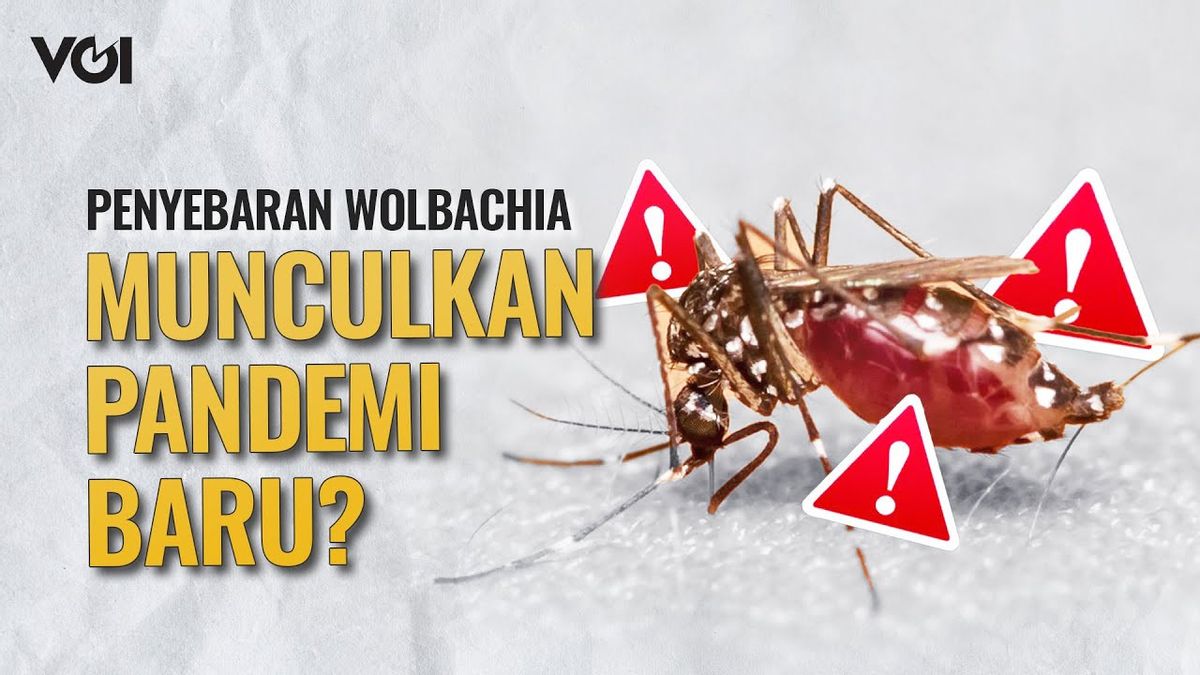JAKARTA - There are many pros and cons of Wolbachia mosquitoes in Bali. Some Balinese people reject the release of the Wolbachia mosquito by signing a petition online. And some Balinese people have approved the Wolbachia mosquito release program to suppress the spread of dengue cases.
Head of Disease Prevention and Control at the Bali Provincial Health Office, I Wayan Widia, said that if there was a delay in the spread program of 200 million Wolbachia mosquito eggs in Bali on November 13, it was due to pros and cons in the local community.
It is known that 1650 people signed a petition against the release of the mosquito because there was an issue circulating that the virus from the Wolbachia mosquito would create a new pandemic in the future. However, dr. Riris Andono Ahmad, one of the researchers from the World Mosquito Program, said that the Wolbachia mosquito could reduce the spread of the dengue virus caused by the aedes aegypti mosquito. And it has been proven that in Yogyakarta, which now only has 67 cases of dengue which were originally from hundreds of thousands of cases.
Wolbachia itself has gone through a fairly long research process, namely since 2011. The way Wolbachia mosquitoes work in reducing the spread of dengue cases is through marriage to aedes aegypti mosquitoes. Marriage of male Wolbachia mosquitoes with female aedes aegypti mosquitoes will cause dengue viruses in aedes aegypti mosquitoes to be blocked. But otherwise, all eggs produced by female aedes aegypti mosquitoes will contain Wolbachia.
The Ministry of Health revealed that Wolbachia's technology in reducing dengue cases has been proven in nine countries, namely Brazil, Australia, Vietnam, Fiji, Vanuatu, Mexico, Kiribati, New Caledonia, and Sri Lanka. Dr. Riris also explained that humans who are bitten by Wolbachia mosquitoes do not show an immune response to Wolbachia bacteria.
Because Wolbachia bacteria live in cells and those that enter the human body are saliva, not cells. It has also been proven through routine research by taking blood samples from residents to check their antibodies. And the results did not find any Wolbachia antibodies. Watch the video below.
The English, Chinese, Japanese, Arabic, and French versions are automatically generated by the AI. So there may still be inaccuracies in translating, please always see Indonesian as our main language. (system supported by DigitalSiber.id)









